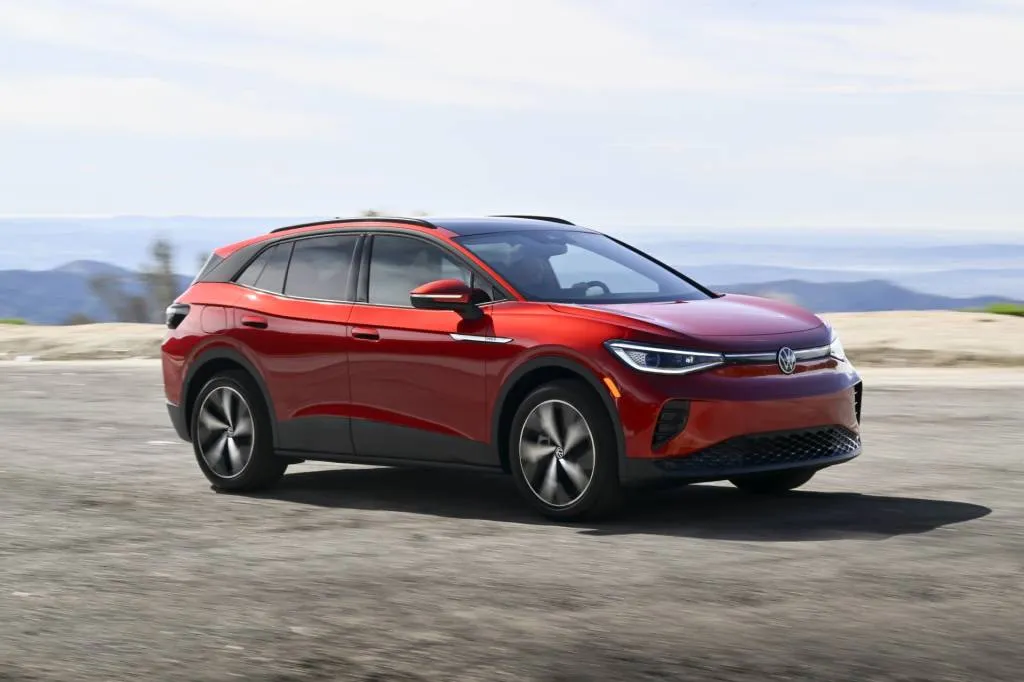EV sales are likely to continue growing in 2024, reaching around one in five new car sales globally, and 11% of the U.S. market, according to the International Energy Agency (IEA).
Tight profit margins, volatile battery raw material prices, and the phaseout of incentives in certain countries have led to concerns about an EV sales slump, but data shows that sales are still growing, analysts found, with falling battery prices, EV-friendly policies, and increased sales in emerging markets underpinning further sales growth.
Rivian R1T at Tesla Supercharger
That conclusion is based in part on record 2023 EV sales. Last year, EV market share reached 18%, up from 14% in 2022. Most (60%) were sold in China, followed by Europe (25%) and the U.S. (10%). But growth in other markets could further boost EV sales, analysts predict.
Over 20 major automakers, representing 90% of global car sales in 2023, have set electrification targets, the IEA notes. And sufficient investment in battery manufacturing capacity to meet these targets is already in place, according to analysts. With this groundwork laid, and stricter emissions regulations in place in many countries, every other car sold globally in 2035 could be an EV, analysts predict.

2024 Volkswagen ID.4
The IEA analysis mostly agrees with a consensus of other analysts’ predictions for 2024—that EVs will keep gaining market share. Bloomberg earlier this year predicted 1.9 million EV sales for the U.S. in 2024, accounting for 13% of the new-car market. EVs already make up more than a third of the U.S. luxury vehicle market, the Energy Information Administration (EIA) said in December 2023.
In the U.S., EV adoption has become more polarized by state, a 2023 study found. And while U.S. EV sales are growing, so is the size of the gasoline fleet, potentially offsetting emissions reductions from EVs.


